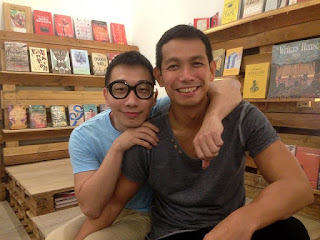New Year Letter to Lovers of a Better Singapore
New Year Letter to Lovers of a Better Singapore I’d wish you a happy new year if last year had not been so bitter. We had high hopes that Singapore would become a freer, fairer, and kinder society after the death of Lee Kuan Yew. We had high hopes that the 50th year of our independence would herald a new phase of social, political, and artistic maturity. For only the second time in my forty-five years, I was able to vote. With Lee Kuan Yew gone, the PAP did not enjoy a walkover in Radin Mas constituency, but faced two challengers. On Election Day, I made my way in the rain to the Singapore Consulate in New York. I knew the PAP would win Radin Mas, but I had to make my voice heard and my vote count. Like many of you, I had high hopes that the general election would prove a watershed in the history of our country. We had high hopes that, despite the gerrymandering, vote-buying tactics, state control of mass media, and creeping influence of Christian fundamentalism on government, t...







